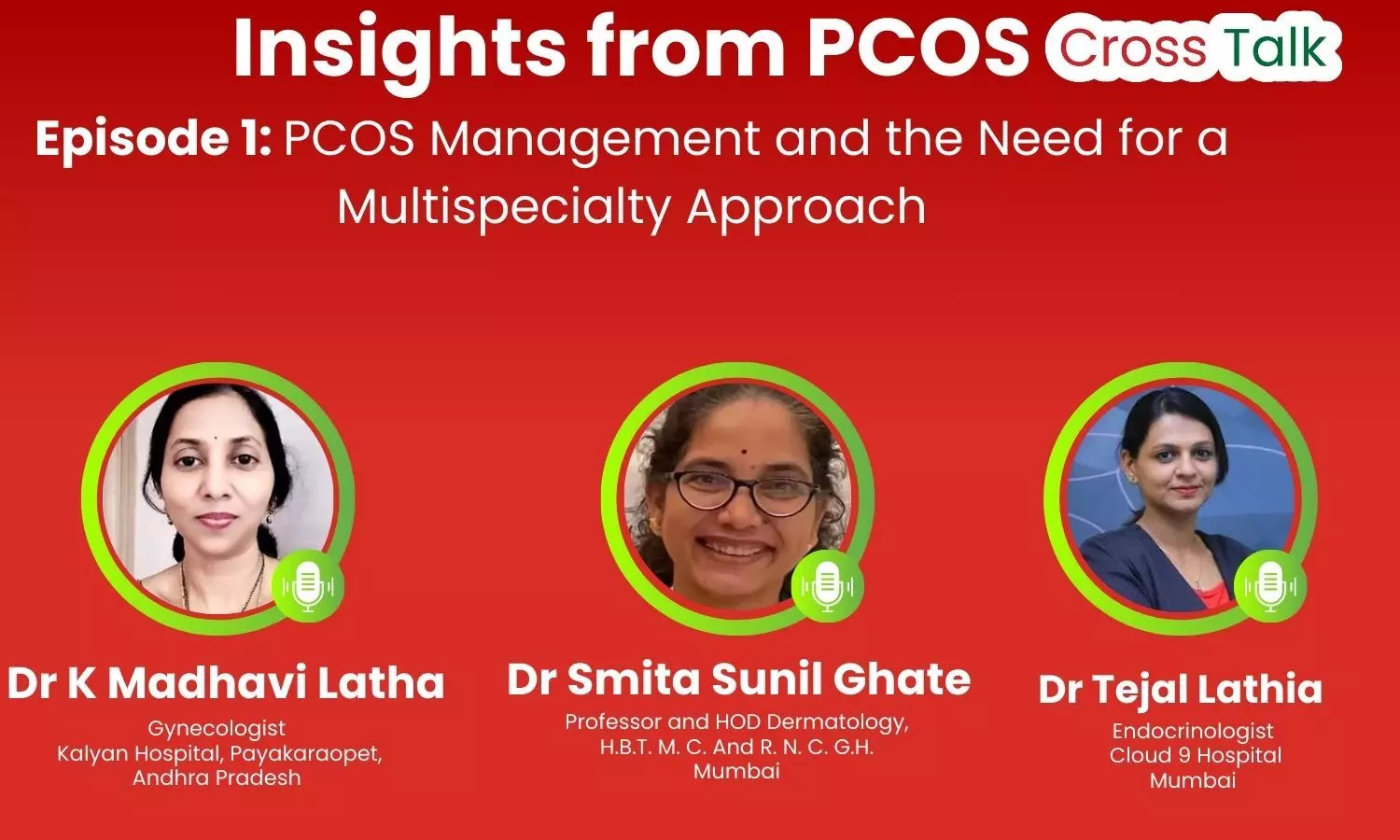- Home
- Medical news & Guidelines
- Anesthesiology
- Cardiology and CTVS
- Critical Care
- Dentistry
- Dermatology
- Diabetes and Endocrinology
- ENT
- Gastroenterology
- Medicine
- Nephrology
- Neurology
- Obstretics-Gynaecology
- Oncology
- Ophthalmology
- Orthopaedics
- Pediatrics-Neonatology
- Psychiatry
- Pulmonology
- Radiology
- Surgery
- Urology
- Laboratory Medicine
- Diet
- Nursing
- Paramedical
- Physiotherapy
- Health news
- Fact Check
- Bone Health Fact Check
- Brain Health Fact Check
- Cancer Related Fact Check
- Child Care Fact Check
- Dental and oral health fact check
- Diabetes and metabolic health fact check
- Diet and Nutrition Fact Check
- Eye and ENT Care Fact Check
- Fitness fact check
- Gut health fact check
- Heart health fact check
- Kidney health fact check
- Medical education fact check
- Men's health fact check
- Respiratory fact check
- Skin and hair care fact check
- Vaccine and Immunization fact check
- Women's health fact check
- AYUSH
- State News
- Andaman and Nicobar Islands
- Andhra Pradesh
- Arunachal Pradesh
- Assam
- Bihar
- Chandigarh
- Chattisgarh
- Dadra and Nagar Haveli
- Daman and Diu
- Delhi
- Goa
- Gujarat
- Haryana
- Himachal Pradesh
- Jammu & Kashmir
- Jharkhand
- Karnataka
- Kerala
- Ladakh
- Lakshadweep
- Madhya Pradesh
- Maharashtra
- Manipur
- Meghalaya
- Mizoram
- Nagaland
- Odisha
- Puducherry
- Punjab
- Rajasthan
- Sikkim
- Tamil Nadu
- Telangana
- Tripura
- Uttar Pradesh
- Uttrakhand
- West Bengal
- Medical Education
- Industry
Healthy Mediterranean Diet with low persistent organic pollutants reduces Diabetes risk in Pregnant women: Study

A recent study published in the journal Diabetes Care published that pregnant women who consumed a healthy Mediterranean diet had the least risk of gestational diabetes due to reduced exposure to persistent organic pollutants (POPs).
Gestational diabetes mellitus (GDM) is an increasing health concern globally and a high risk of developing type 2 diabetes and cardiovascular diseases in later life. Children born to women with GDM are also at high risk of developing further complications like abnormal blood cholesterol and blood pressure. Guidelines suggest that an alternate Mediterranean diet (aMED) with fruits, vegetables, whole grains, nuts, and legumes, with moderate amounts of fish and poultry in olive oil, was linked to a reduced risk of GDM. However, persistent organic pollutants are present in increased amounts in these foods, which can increase the risk of GDM. Hence, researchers conducted a study to examine the association between combined aMED and POP exposure with GDM.
Data on aMED score were collected from 1,572 pregnant women using food frequency questionnaires during early pregnancy within the U.S. Fetal Growth Study. The plasma concentrations of 76 POPs, including organochlorine pesticides, polybrominated diphenyl ethers, polychlorinated biphenyls (PCBs), and per- and poly-fluoroalkyl substances, were measured. Multivariable logistic regression models were used to calculate the associations of combined aMED scores and exposure to POPs with GDM risk.
Findings:
- Among 1,572 (3.88%) women with GDM, 61 had a detection rate of 25 POPs out of a total of 53 included POPs.
- Increased POP levels weakened the potential beneficial associations of a high aMED score with GDM risk.
- The lowest GDM risk was observed among women with both high aMED scores and low POP concentrations.
- Specifically, the adjusted log-odds ratios of GDM risk were -0.74 when comparing women with low PCB and high aMED scores with those with low aMED scores and high PCB concentrations.
- There were Inverse associations among women with low aMED scores and high TransNo_chlor, PCB182_187, PCB196_203, PCB199, and PCB206.
- Women who were overweight or obese had more pronounced associations than others.
Thus, the study concluded that pregnant women with a healthy Mediterranean diet and low exposure to POPs had the least risk of GDM. Researchers also suggested future studies to prevent GDM through dietary interventions to account for POP exposure.
Further reading: Guoqi Yu. The Interplay of Persistent Organic Pollutants and Mediterranean Diet in Association With the Risk of Gestational Diabetes Mellitus. Doi: https://doi.org/10.2337/dc24-1452.
BDS, MDS
Dr.Niharika Harsha B (BDS,MDS) completed her BDS from Govt Dental College, Hyderabad and MDS from Dr.NTR University of health sciences(Now Kaloji Rao University). She has 4 years of private dental practice and worked for 2 years as Consultant Oral Radiologist at a Dental Imaging Centre in Hyderabad. She worked as Research Assistant and scientific writer in the development of Oral Anti cancer screening device with her seniors. She has a deep intriguing wish in writing highly engaging, captivating and informative medical content for a wider audience. She can be contacted at editorial@medicaldialogues.in.
Dr Kamal Kant Kohli-MBBS, DTCD- a chest specialist with more than 30 years of practice and a flair for writing clinical articles, Dr Kamal Kant Kohli joined Medical Dialogues as a Chief Editor of Medical News. Besides writing articles, as an editor, he proofreads and verifies all the medical content published on Medical Dialogues including those coming from journals, studies,medical conferences,guidelines etc. Email: drkohli@medicaldialogues.in. Contact no. 011-43720751




